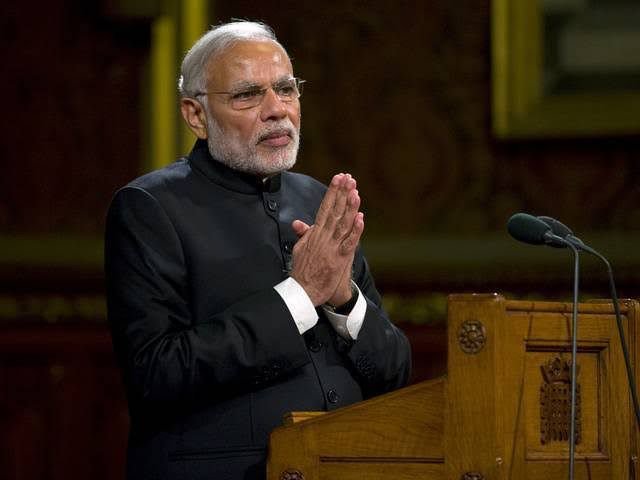In the aftermath of India’s Operation Sindoor, Pakistan’s Foreign Minister Bilawal Bhutto has ignited a fresh wave of diplomatic controversy by referring to Indian Prime Minister Narendra Modi as a “cheap version of Netanyahu.” The highly charged remark has drawn strong condemnation from Indian officials and the public, deepening the rift between the two nuclear-armed neighbors.
Bilawal’s statement, made during a press briefing, was seen by many as inflammatory and undiplomatic, especially at a time when regional stability is under intense strain. His comparison to Israeli Prime Minister Benjamin Netanyahu—known for his aggressive military posture—was interpreted by analysts as a criticism of India’s recent military assertiveness and handling of cross-border issues.
Indian leaders quickly condemned the remark, calling it a “disgrace to diplomatic decorum” and accusing Pakistan of using provocative language to divert attention from its own internal and external challenges. Indian media and social platforms also erupted in outrage, demanding an official apology.
This incident is the latest in a long line of verbal clashes that have historically complicated efforts at peaceful dialogue between India and Pakistan. Experts warn that such rhetoric, especially from high-ranking officials, risks inflaming public sentiment and reducing the chances of meaningful diplomatic engagement.
With tensions already heightened following military operations and cross-border accusations, Bilawal’s comments add a volatile layer to an already fragile relationship. The international community has urged both sides to exercise restraint and return to diplomatic channels to prevent further escalation.







